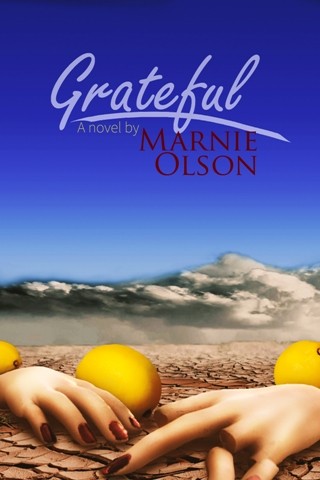Alright – so today we’ve got the honor of introducing you to Marnie Olson. We think you’ll enjoy our conversation, we’ve shared it below.
Alright, Marnie thanks for taking the time to share your stories and insights with us today. Let’s jump back to the first dollar you earned as a creative? What can you share with us about how it happened?
It was 1989, almost 1990 and I was driving home after my shift at Sound Warehouse, which was like a Tower Records for people old enough to know what a record store is. I heard an ad on the radio for an audition at the Melodrama Playhouse and Saloon and I excitedly memorized the phone number they cited to call for more information by repeating it over and over to myself on my drive home. Sure, there was the Yellow Pages (for people old enough to remember life before Google), but if I was going to be a professional actor, I had to have my memorization skills down, right? While the Melodrama Playhouse in downtown San Antonio was known for, you guessed it, traditional melodramas featuring booing, hissing, popcorn-throwing, and drinking fishbowls of sangria, like any artist, they too had their very own side hustle.
The Melodrama’s daytime offering was theatre for school children who were bussed in to watch adaptations of fairy-tales and other original stories like King of the Ice Cream Mountain which offered free soft-serve cones after the show. Actors were hired to perform in the melodramas in the evening, and/or in the daytime productions for the kids. I was cast as the Ugly Stepsister in Cinderella and received a stipend of maybe $75 a month.
This was it. The big time. My first audition out of high school and I was being paid! I wasn’t even twenty years old and I was already going pro!
This job led to meeting other artists, which led me to other theatres, other plays, and the igniting of a passion. Theatre was gritty, it was noble, it was REAL. I could fall in down in front of kids by day and perform absurdist and vulgar Durang and Busch by night! I was living the dream. This road led me to Austin where I became an accidental feminist performance artist, and that led me to Los Angeles, where I’ve lived since 1993.
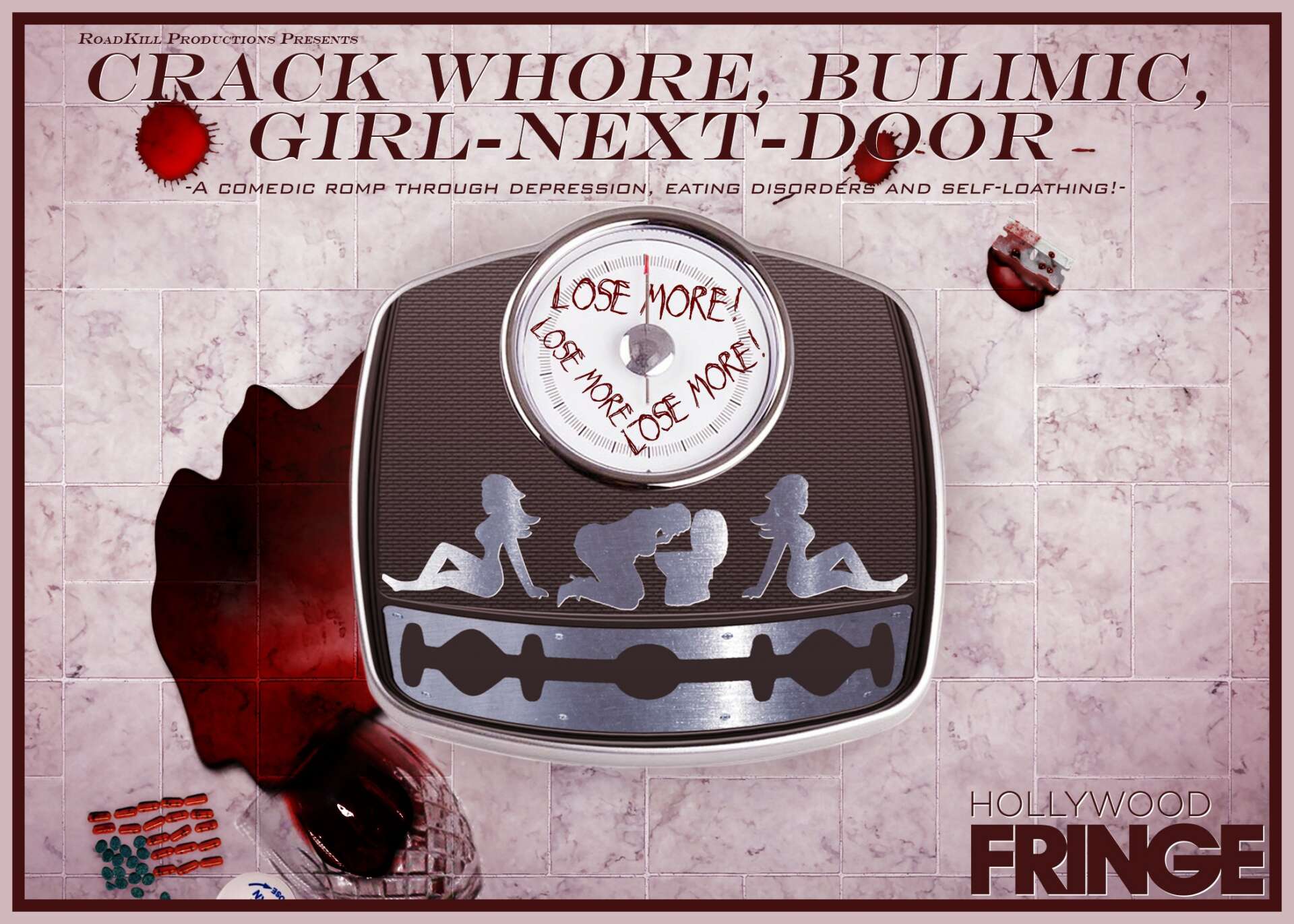
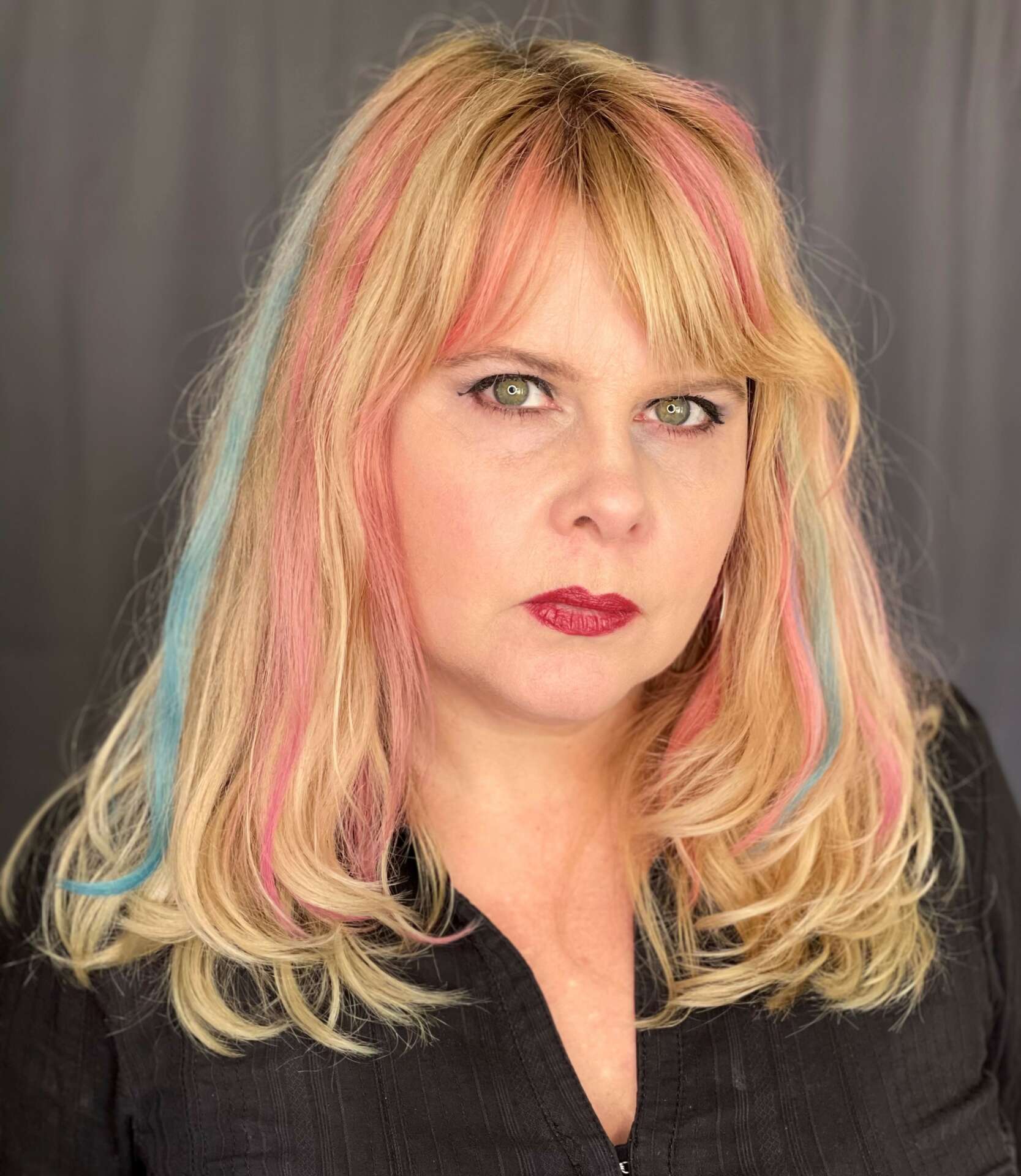
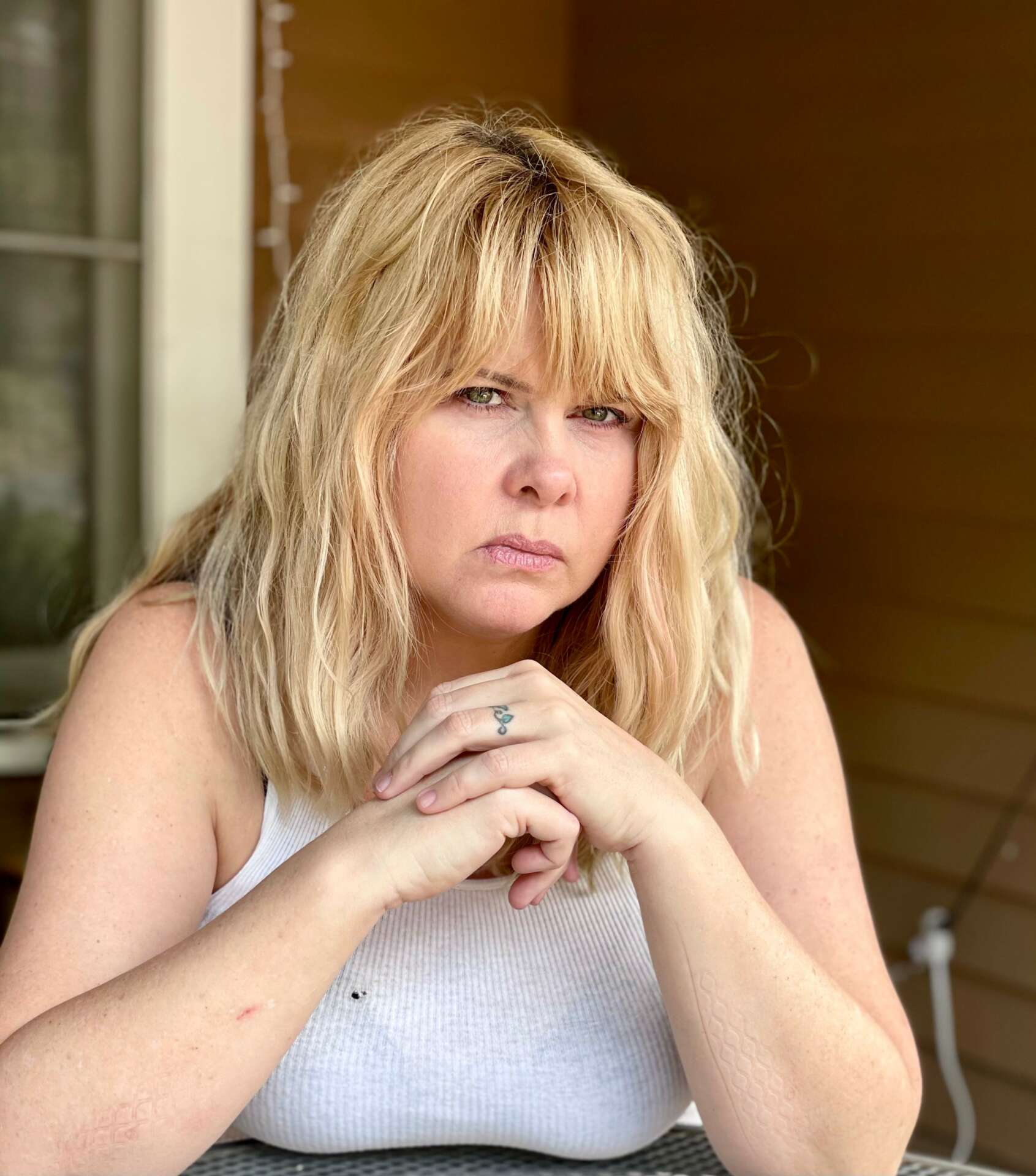
As always, we appreciate you sharing your insights and we’ve got a few more questions for you, but before we get to all of that can you take a minute to introduce yourself and give our readers some of your back background and context?
I started my acting career in San Antonio and my writing career in Austin. Since my move to Los Angeles in 1993, I’ve operated several theatre companies, and for six years had a theatre space in the Culver City area where I produced original works written almost exclusively by women and LGBTQ artists. Since 1998, I’ve performed sketch comedy in the corporate team-building market with True Colors International and in 2008 was hired to work with Imagination Workshop, a non-profit theater arts organization giving marginalized and ‘at-risk’ individuals and populations a safe way to express themselves through the unique power of the theatre. Imagination Workshop just produced another successful original play this June, written by the Veterans of New Directions, under the direction of the professional artists of Imagination Workshop. I published my first novel “Grateful,” a psychological thriller, and am in the final edits of my second novel, a ghost story of sorts. I’m editing, proof-reading, and consulting on other writers’ projects and currently pitching a screenplay co-written with Laura Richardson and Elisabeth Blake inspired by our award-winning web series, Namaste Bitches. I’ve got a few other projects in the works as well.
In order to sustain my income, I have a freelance bookkeeping business. I offer my clients various packages depending on their business’ needs and provide consultation about ways to streamline and simplify their financial record-keeping. My specialty is small-business owners who want to spend less time on their bookkeeping and more time on the things they went into business for in the first place – whether that’s designing jewelry or offering therapeutic services, or styling hair. My unique approach is not about accruing unnecessary billable hours, but about maximizing efficiency to achieve the best overall financial health for my client and myself.
In your view, what can society to do to best support artists, creatives and a thriving creative ecosystem?
When the pandemic hit, I noticed a new, and not particularly inspiring trend. People are willing to pay for content, but most of what they spend is on content that is already turning a hefty profit. They will pay for their Netflix, Hulu, HBO and Amazon Prime. They’ll pay to download movies, buy books by authors they recognize and binge every TV series with their favorite actors, but ask them to sign up for Seed & Spark at $3 a month to support indie filmmakers, or buy a ticket to their screening or their play, and suddenly it’s a financial burden. People complained about how bored they were, “oh no! I’ve finished Netflix, now what?” as the plague wore on, but my suggestions that maybe they watch my friend’s documentary on Amazon, or a colleague’s web series on YouTube or Vimeo, or read my novel, mostly fell flat. Suddenly their time and money were in short supply. Many people couldn’t be bothered to support the artists who really needed it, even when that support was cheaper, or sometimes even free. A simple thing like logging into Amazon and leaving a rating and review for someone’s book or movie can make a huge difference in their lives.
People who are already rich and famous won’t notice if you support them or not, but it can mean the world to an artist struggling to pay their phone bill.
Trying to sell one’s work is more difficult when you’re “nobody” and the sad part is, it’s not really about quality – how would anyone know if your book or screenplay is good or bad if they haven’t read it? When you’re not already an obvious success, your story must be in-the-box enough that it’s not a risk to produce, but innovative enough to be interesting and different. It’s a difficult tightrope to walk. Look how different I am! But also similar to these other money-making things! But kinda edgy and the-next-new-thing but also familiar and safe! Take a chance on me, but not like, a scary chance that will put you in the red or anything.
Support artists you know personally, support artists you’ve never heard of, pay for the content of artists who really need your dollars.
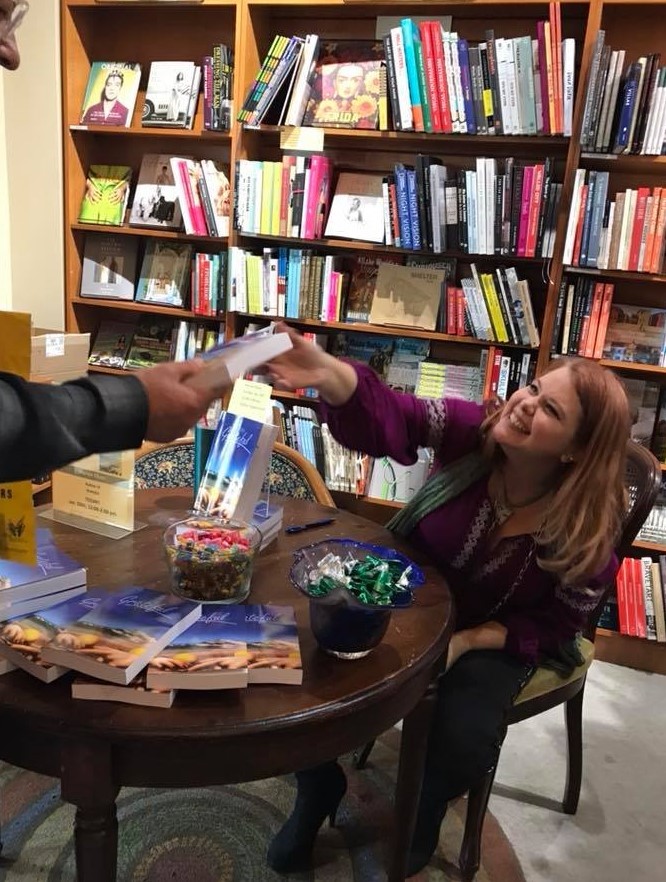
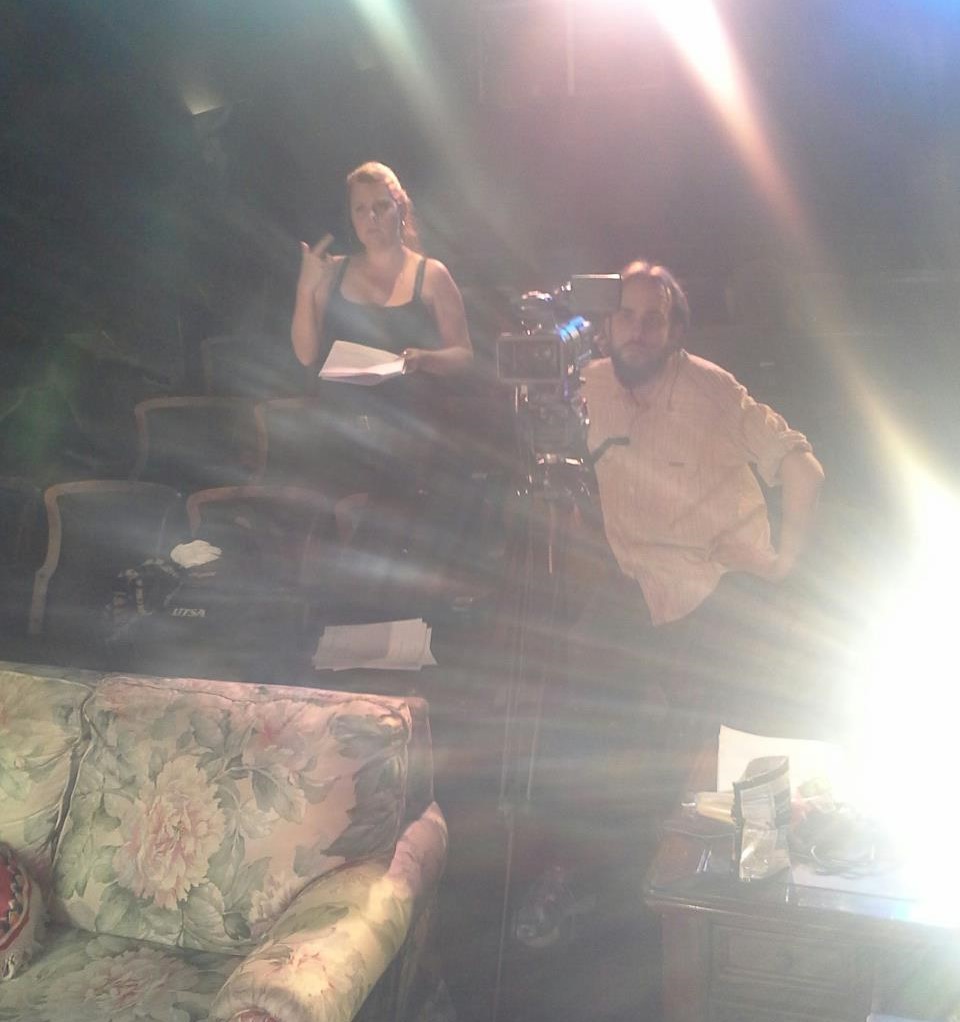
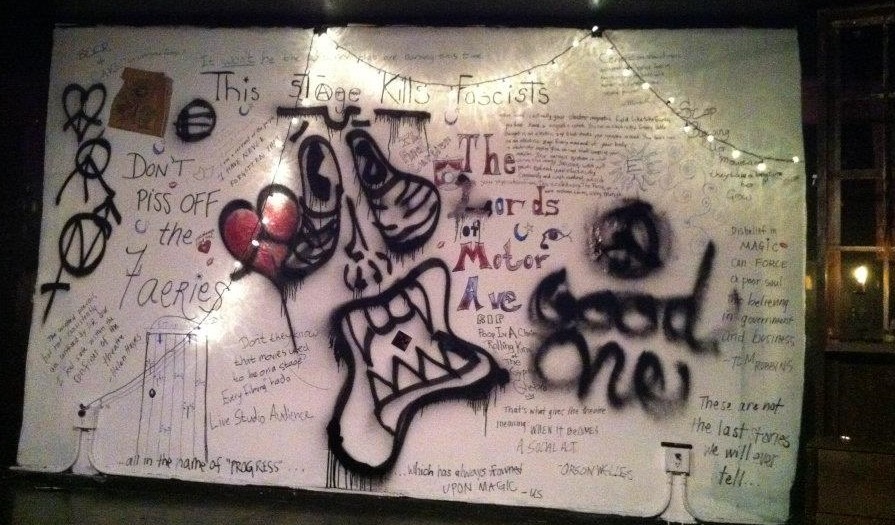
Learning and unlearning are both critical parts of growth – can you share a story of a time when you had to unlearn a lesson?
When I decided to write my first play, my motivation was partly that I had always turned to writing as a way to cope with my depression, but there was another powerful motivator, and that was that I wanted to be on stage, but I didn’t want to have to audition. I didn’t want to wait for someone else to say “yes” to me. This served me well as it propelled me to write better and better material over the years, to create roles for more and more actors. I realized I preferred penning plays to performing them, and eventually I sat down to write a novel. I made what seemed an easy decision at the time – of course I would self-publish. Why wait around for an agent, manager, or publisher to tell me yes, when I could operate independently? “I can do it myself” had been my life story.
Now, as I wrap up the final edits on my second novel, I’ve made the decision that I will pursue a literary agent and traditional publishing. The voices in my head still say “everyone will say no, everyone will turn you down, you’re wasting your time, you’ll end up self-publishing anyway,” but ultimately, I thought “why keep operating that NO is a given? Why not try a different approach?”
My creative life could benefit, I think, from putting myself out there in a different way. I’ve struggled my entire existence to ask for help. I feel like a failure when I’m not independent. But as much as I crave autonomy, I have begun to wonder if maybe trying to get someone to say “yes” to me could propel me to craft work with a keener eye on marketability – without getting caught up in the idea that anything “marketable” is somehow trite. People create highly marketable, sellable, profitable work all the time that is also breath-takingly original.
Contact Info:
- Website: https://www.marnieolson.com/
- Instagram: @marniolson
- Facebook: https://www.facebook.com/MarnieOlsonWriter
- Twitter: @MarnieOlson
- Youtube: @cosmicplayhouse684
- Other: TikTok: @marniolson
Image Credits
Tonie Knight, John Johnson, Caroline Marshall, Joshua Silva


